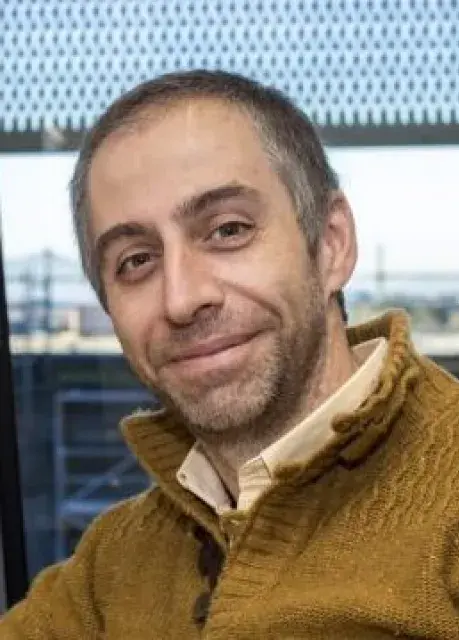Javier Del Ser
Scientific Director Tecnalia & UPV/EHU
javier.delser@tecnalia.com
+34 664 11 30 13
TECNALIA Parque Científico y Tecnológico de Bizkaia
Laida Bidea, 413
Zamudio 48170 Bizkaia
Spain
0000-0002-1260-9775
Short bio
Javier Del Ser began his career as a Telecommunications Engineer from the University of the Basque Country, graduating in May 2003. He defended his doctoral thesis (Cum Laude) in Automation and Industrial Electronics from the University of Navarra in 2006, and a second doctoral thesis in Information and Communication Technologies (also Cum Laude and Extraordinary Doctorate Award from the University) from the University of Alcalá de Henares in 2013. Javier is currently a Research Professor within the Core in Artificial Intelligence of TECNALIA RESEARCH & INNOVATION. He is also an Associate Professor in the Department of Communications Engineering at the University of the Basque Country (EHU/UPV), and an external scientific member of the Basque Center for Applied Mathematics (BCAM). His research activity focuses on Artificial Intelligence, neural computing and machine learning for problem solving practical problems in industry, health, telecommunications, transportation and smart mobility, among many others. In these fields, he has published more than 400 scientific-technical publications, edited 8 books, directed 13 doctoral theses, and participated in more than 50 research projects. Javier has been the recipient, twice, of the Torres Quevedo program (2007 & 2009). He is a Senior member of the IEEE, an associate editor of several frontline journals related to Artificial Intelligence (including Information Fusion and Cognitive Computation), and has recently been included in the list of the 2% most influential researchers in Artificial Intelligence worldwide made by the Stanford University, with a citation rate received for his works of more than 5,000 annual citations (2022). He has been part of the work team that has developed the R&D strategy in Artificial Intelligence of the Government of Spain (2020).


